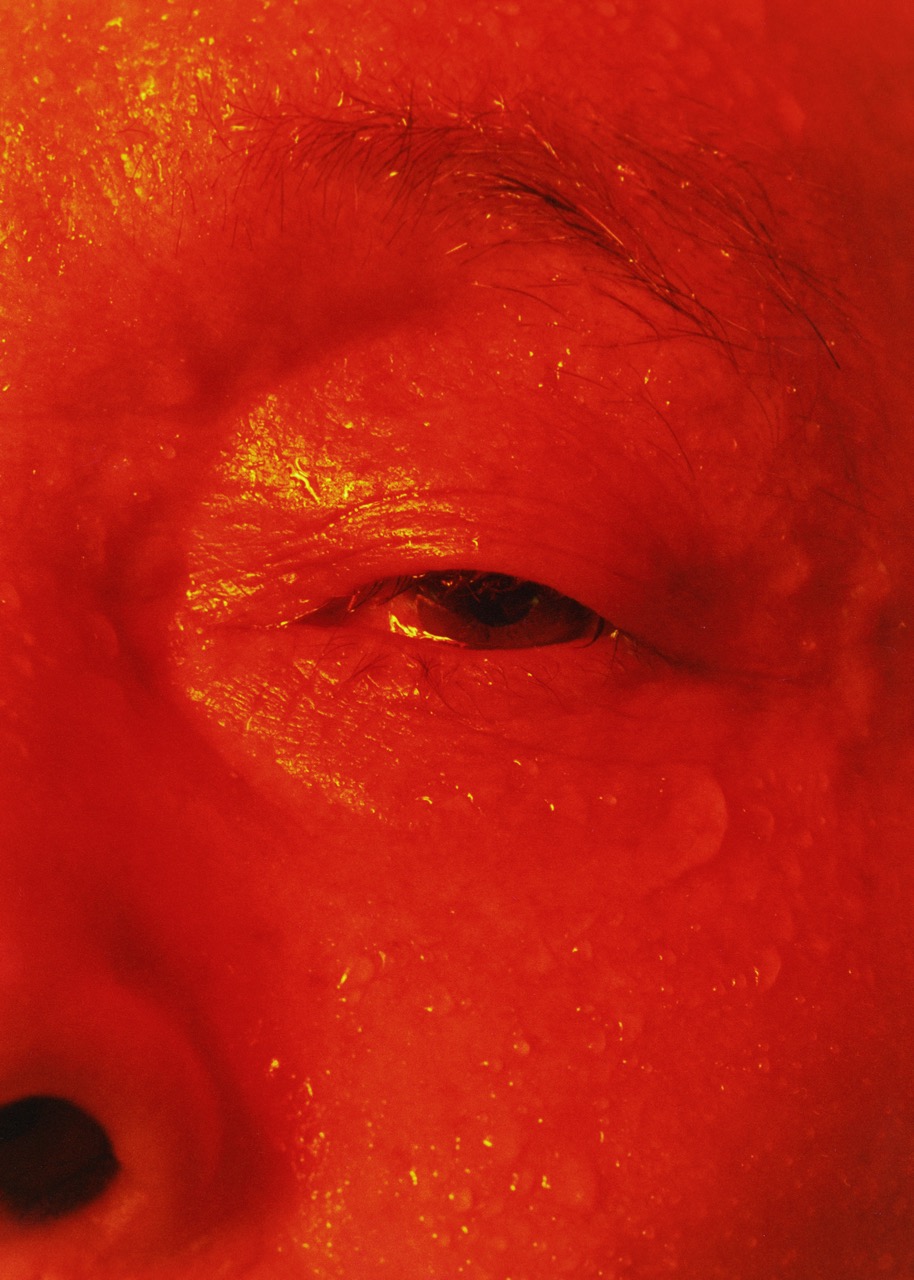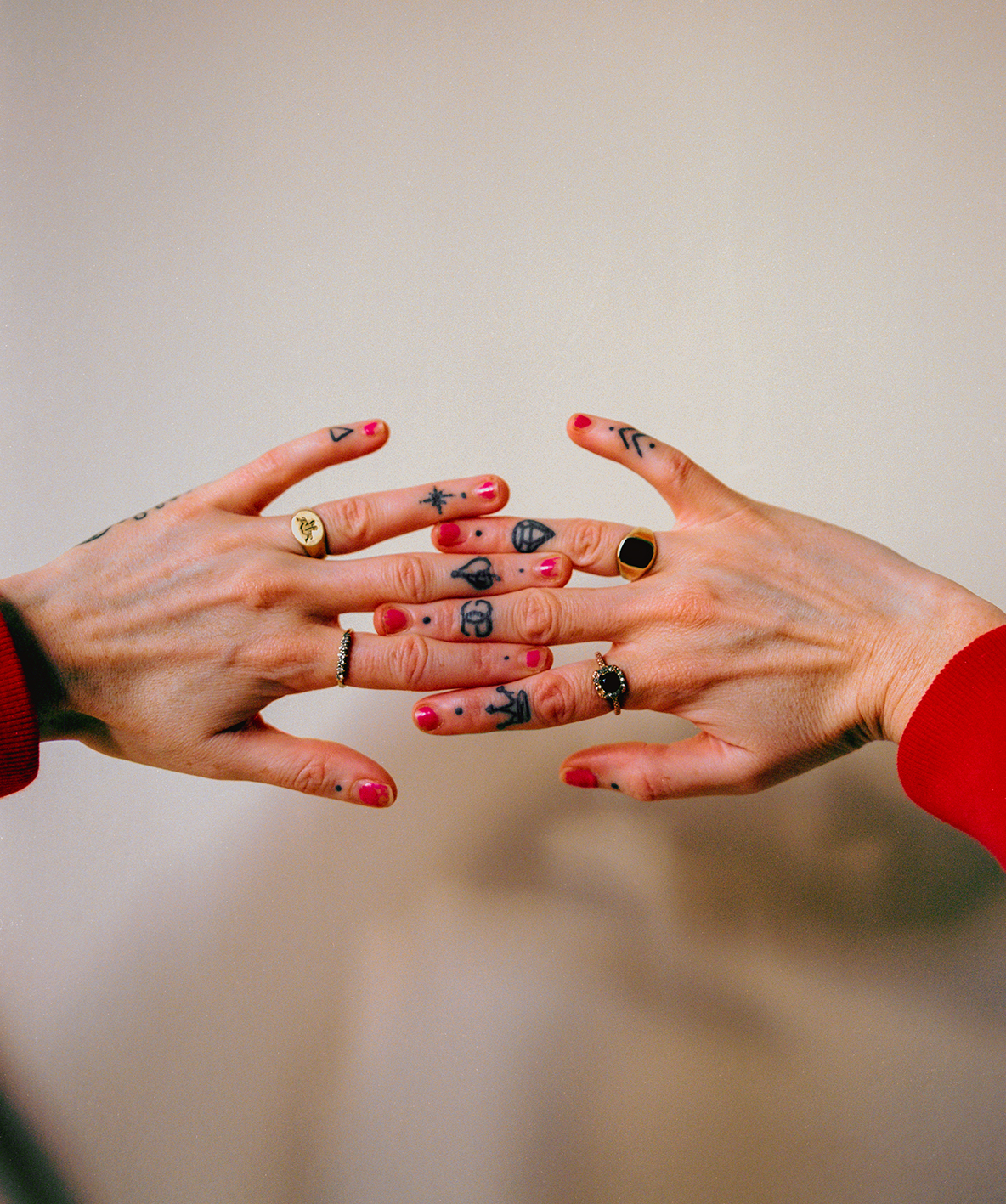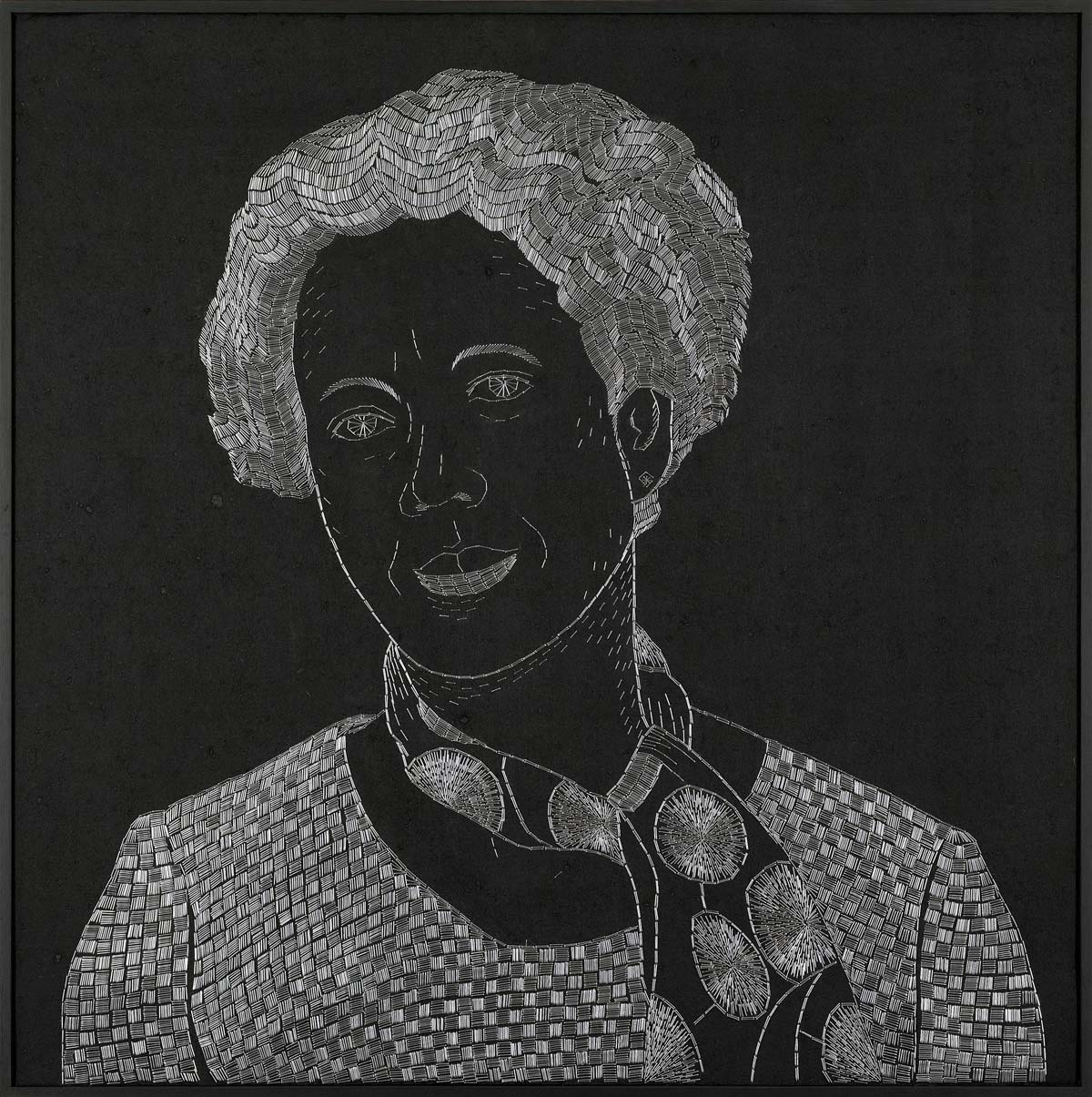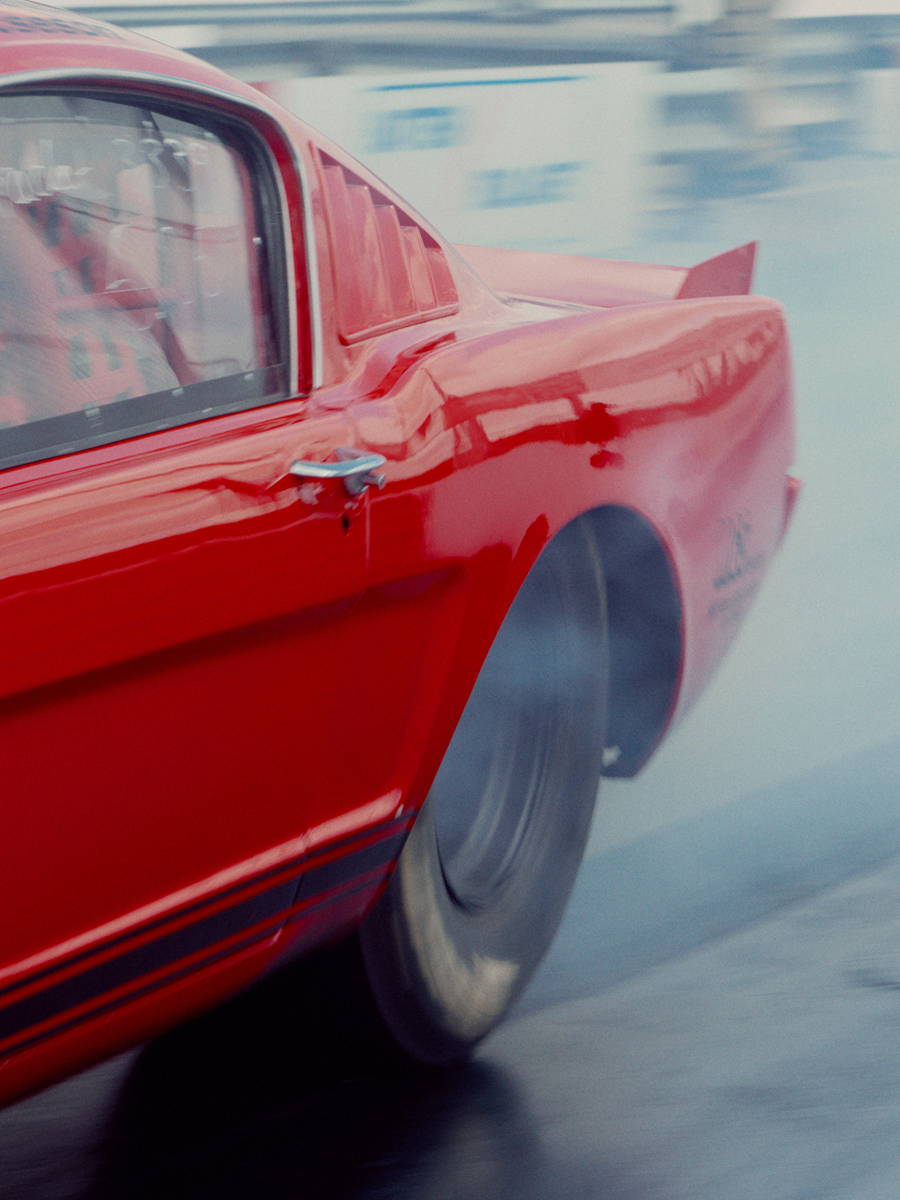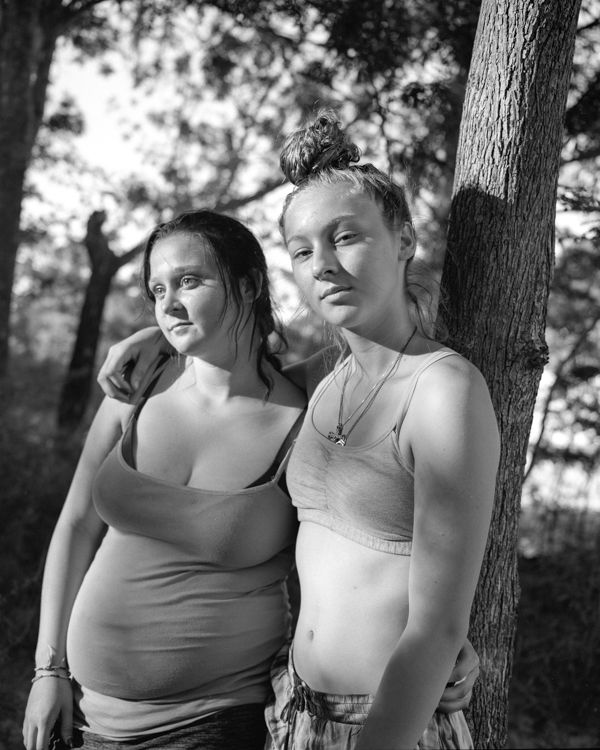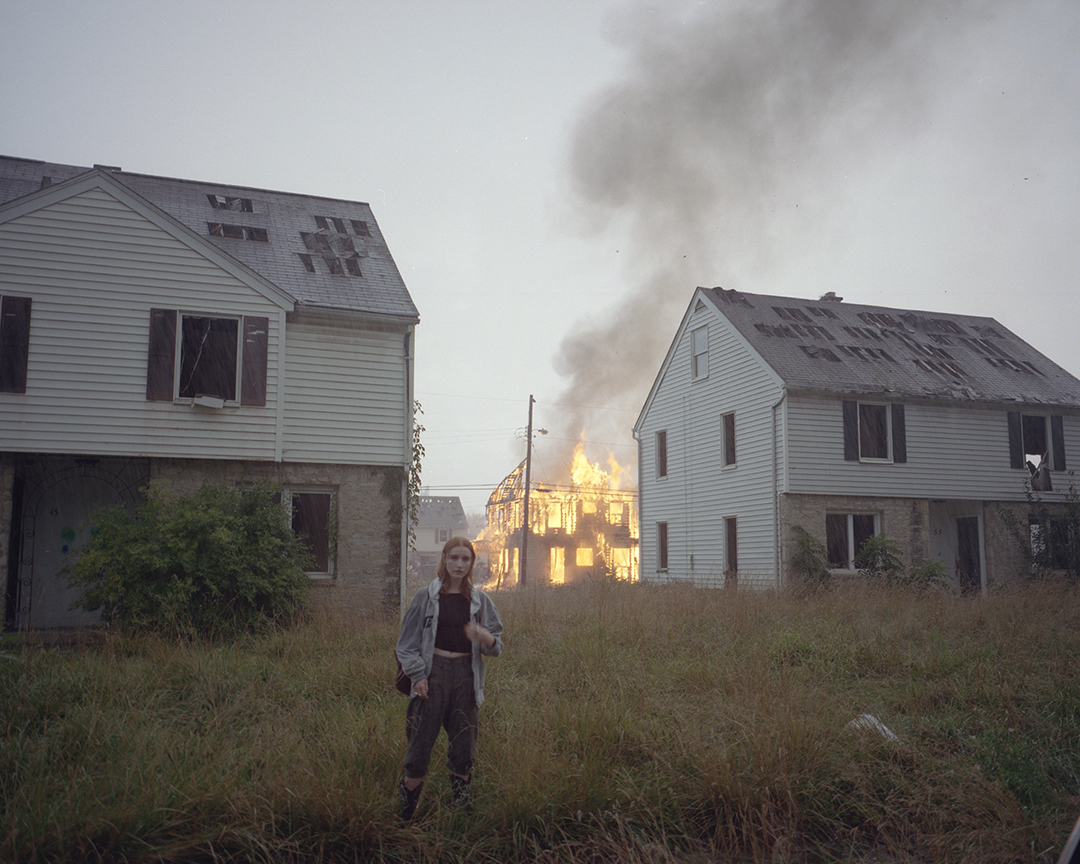893 Yakuza: The Setting Sun is a collection of photographs featuring older Yakuza members at a traditional Japanese onsen.
When we hear the term Yakuza our minds conjure images of men in dark pinstripe suits engaging in the rituals of the Yakuza—drinking, smoking, and playing cards. Yet, contrary to the cinematic portrayal of Yakuza life, Theo Cottle's lens captures the unguarded moments, revealing a side rarely seen by the public. The photographs unfold within a private onsen in Tokyo, where men, with weathered hands and fingers missing, are seen in vulnerable moments, creating an atmosphere that challenges conventional perceptions.

Cottle's fascination was ignited by an older Yakuza gentleman, whose entire back was shielded with distinctive Yakuza tattoos, creating an aura that effortlessly set him apart from the rest. “I had a limited understanding of the Yakuza but after going to an onsen in the red light district one evening I had an encounter with a guy. I was fascinated by the culture and wanted to learn more. A friend of mine who has some connections pulled some things together and after a lot of waiting we got some access to make this project happen,” says Cottle. The encounter served as the catalyst for Cottle's desire to delve deeper into this intriguing world, resulting in a self-published photo essay that explores the vulnerability of masculinity among former Yakuza gangsters.

The origin of the Yakuza remains a subject of debate, with theories ranging from the descendants of 17th-century kabuki-mono to the modern portrayal as machi-yokko, protectors of the town. Despite their historical roots, the Yakuza has evolved over the years since then, with their peak membership in the early 1960s exceeding 180,000 members. However, a combination of factors, including police escalation, stricter laws, increased crackdowns, and Japan's ageing population, has led to a steady decline, reaching levels not seen since the 1950s.
Exposed in the rawness of vulnerability, a Yakuza member covered in full-body tattoos resembles a figure clad in a full body suit. Among the tattooed tapestry are depictions of dragons, flowers, mountainous landscapes, turbulent seascapes, gang insignias, and abstract designs—common motifs in Yakuza body art. His lens not only captures the external manifestations of Yakuza identity through these elaborate tattoos but also delves into the symbolism of reptiles within his photographic series.

Cottle's exploration goes beyond the surface, weaving a metaphorical narrative through the inclusion of lizards, snakes, and amphibians within the photo series. These creatures serve as poignant symbols, representing the societal challenges that modern-day Yakuza members grapple with. Much like the reptiles confined in invisible cages, the Yakuza find themselves isolated within their own society, facing difficulties in integration, from basic amenities like phones and bank accounts to the pervasive fear they evoke in the general public.

The juxtaposition of traditional Yakuza imagery with the inclusion of reptilian symbolism creates a layered narrative, shedding light on the complex dynamics of the Yakuza subculture. Cottle captures not just the external artistry but also the deeper struggles and complexities faced by these individuals, allowing viewers to peel back the layers of stereotypes and preconceptions associated with the notorious Yakuza.
One of the most powerful themes in "893 Yakuza" is the vulnerability and masculinity of these men laid bare in the onsen setting. The project emphasises the comfort and confidence these men exuded in their own skin, challenging western views on nudity and vulnerability. The word Yakuza (‘good for nothing’) is derived from a losing hand in the Japanese card game Oicho-Kabu. When added up, the cards ya-ku-sa(‘eight-nine-three’) give the worst possible total.

As Cottle delves into the eyes of his subjects, he uncovers glimpses of a rich personal history. Contrary to preconceived notions, the Yakuza members he encountered were remarkably respectful and polite during the shoot, shattering stereotypes surrounding the notorious crime organisation.
893 Yakuza: The Setting Sun by Theo Cottle is self-published, and available to order now.
